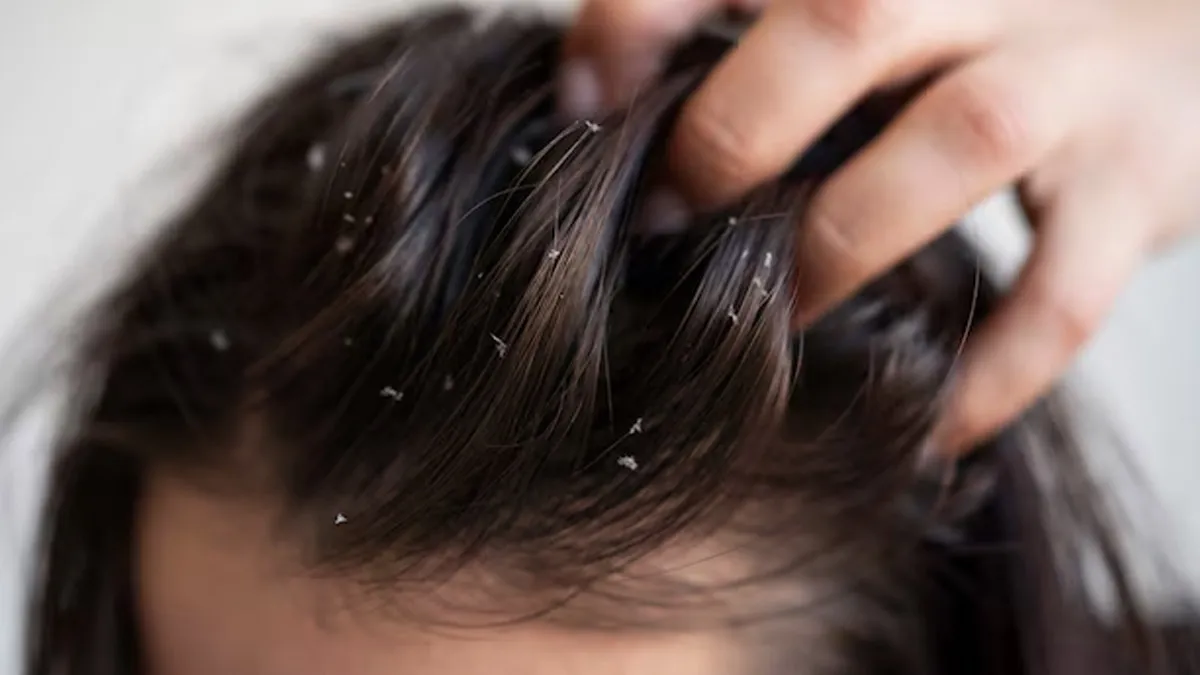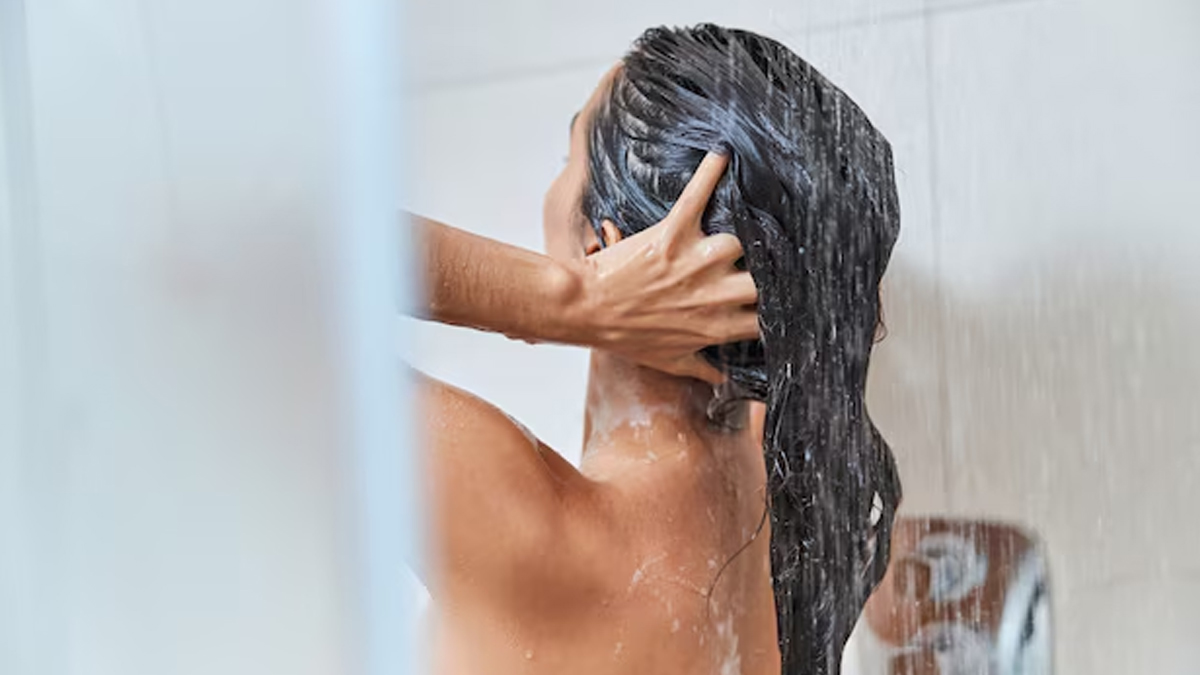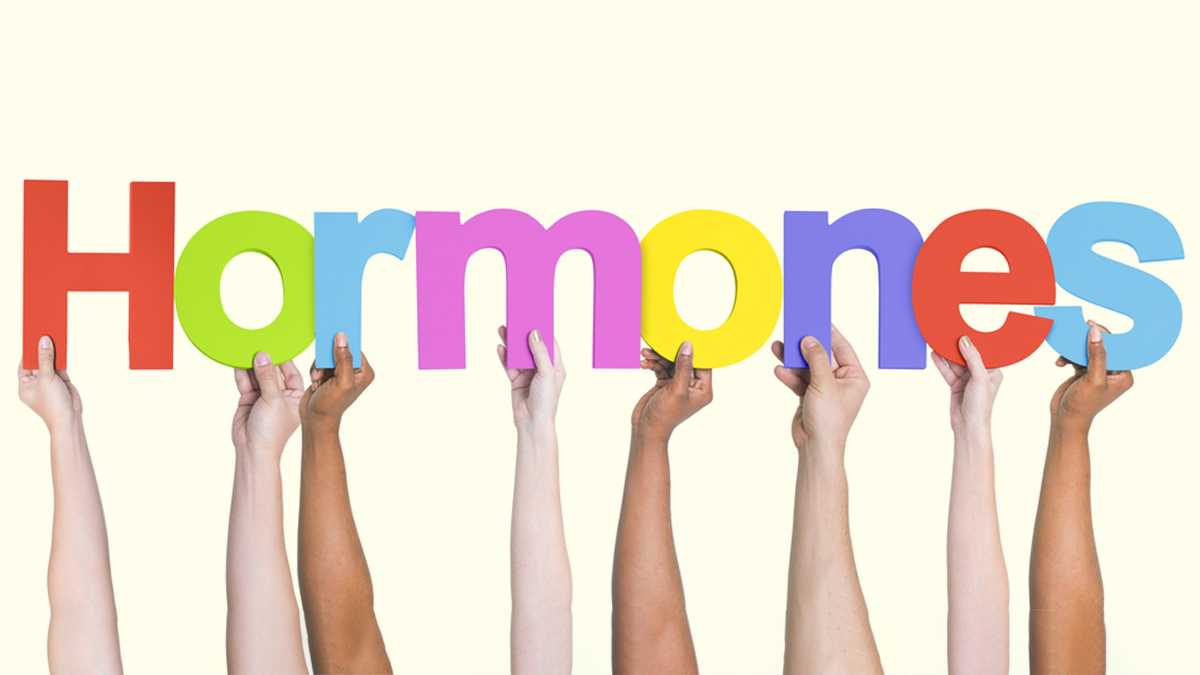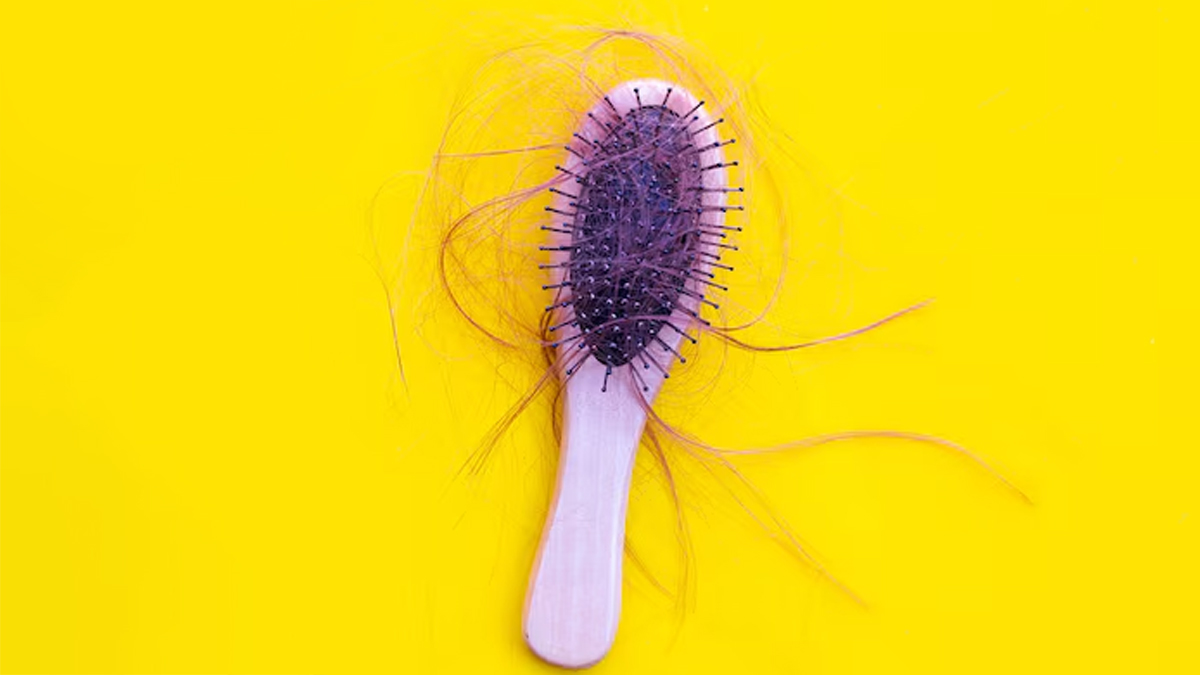
Does it feel like you are in a never-ending battle with greasy hair? You start your day with fresh, bouncy locks that feel amazing, but by the time you look in the mirror that afternoon, it’s a different story. Your hair is flat, stringy, and already looks like it needs another wash. It’s frustrating, especially when you feel like you’re doing everything right. If you’re tired of your hair’s 24-hour clock and ready to break up with your dry shampoo, you might be surprised to learn that the real reasons for that midday oil slick are the ones we often overlook.
Table of Content:-
The fundamental cause of oily hair is the overproduction of sebum, a natural oil produced by the sebaceous glands in your scalp. Sebum provides a protective layer for your hair and keeps your scalp moisturised. However, when these glands go into overdrive, the excess oil can lead to that perpetually greasy look.
Reasons Why Your Hair Gets Oily Just After One Hair Wash
You’re Washing Your Hair Too Much Or Not Enough

It might sound counterintuitive, but overwashing is a primary trigger for oily hair. Daily shampooing with harsh, stripping cleansers may signal your scalp that it is dry. Your sebaceous glands react by over-producing oil to counteract it, leading to a cycle of washing and oiliness.
On the other hand, not washing your hair sufficiently can also contribute to an oily scalp. A buildup of dead skin cells, product deposits, and sebum in hair follicles can clog them up, resulting in an oily and sometimes scaly scalp. The secret is to determine the appropriate washing frequency for your hair.
Your Hair Care Products Are Working Against You
Not all shampoos and conditioners are created equal. Using products laden with heavy silicones and oils can weigh your hair down and contribute to a greasy film. These ingredients can build up on the hair shaft, attracting more dirt and oil.
Look for lightweight, clarifying, or balancing shampoos. When it comes to conditioner, a common mistake is applying it all over the head. Conditioner is meant for the mid-lengths and ends of your hair, which are typically drier. Applying it to the roots can quickly lead to an oily scalp.
Also Read: How To Control Oily Build Up On Scalp? Expert Shares
Hormonal Fluctuations Are at Play

There is no doubt that hormones play a significant role in regulating sebum production. Puberty, menstruation, pregnancy, and even stress can cause hormonal shifts that lead to an increase in oil production. Stress, in particular, elevates cortisol levels, which can stimulate your sebaceous glands. If you notice your hair gets oilier during certain times of the month or during periods of high stress, your hormones are likely a contributing factor.
Your Diet and Lifestyle Habits Need a Second Look
What you eat can manifest on your scalp. Diets high in refined carbohydrates, sugar, and unhealthy fats may affect hormone levels, thereby causing increased sebum production. Adding some balance to the diet from fruits, veggies, and lean protein sources can help stabilise your body's oil production.
Furthermore, seemingly innocent habits can exacerbate the problem. Constantly touching your hair transfers oils from your hands to your strands. Similarly, over-brushing can stimulate the scalp and distribute oil from the roots down the hair shaft, making your entire head of hair appear greasy.
Also Read: Hair Care: What Is Double Shampooing And Is It Beneficial?
Your Pillowcase and Hairbrush Are Culprits

Pillowcases and hairbrushes gather a residue of your hair products, dead skin cells, and oils. Each time you use them you're reintroducing this grime back onto your fresh hair, making it oily in no time. Do your best to clean your brushes weekly and to change your pillowcase every few days.
What You Can Do About It
Tackling oily hair is a matter of taking a holistic approach. Begin by assessing your hair-care regimen. Try switching to a gentle, sulphate-free shampoo and see how washing your hair less often works out for you. Add a clarifying shampoo once a week to strip away product buildup. Be careful how you apply your conditioner, avoiding the roots.
Beyond your hair products, consider your lifestyle. Reduce stress through activities, such as yoga or meditation, and strive for a well-balanced diet. Pay attention to how much you touch your hair and keep your hair tools and bedding clean.
[Disclaimer: This article contains information for informational purposes only. Hence, we advise you to consult your professional if you are dealing with any health issue to avoid complications.]
Also watch this video
How we keep this article up to date:
We work with experts and keep a close eye on the latest in health and wellness. Whenever there is a new research or helpful information, we update our articles with accurate and useful advice.
Current Version